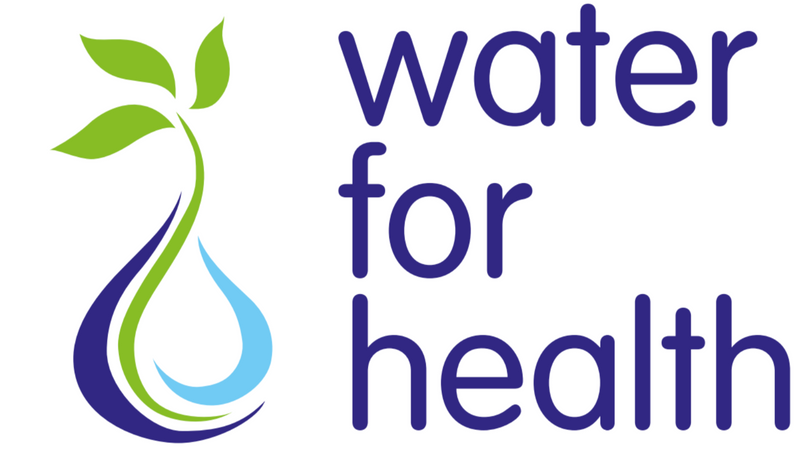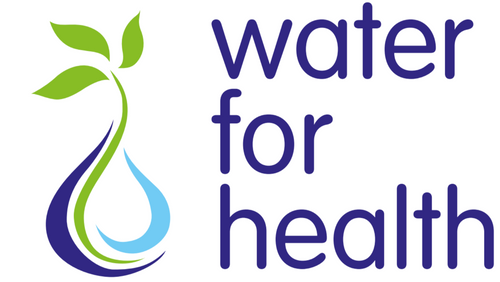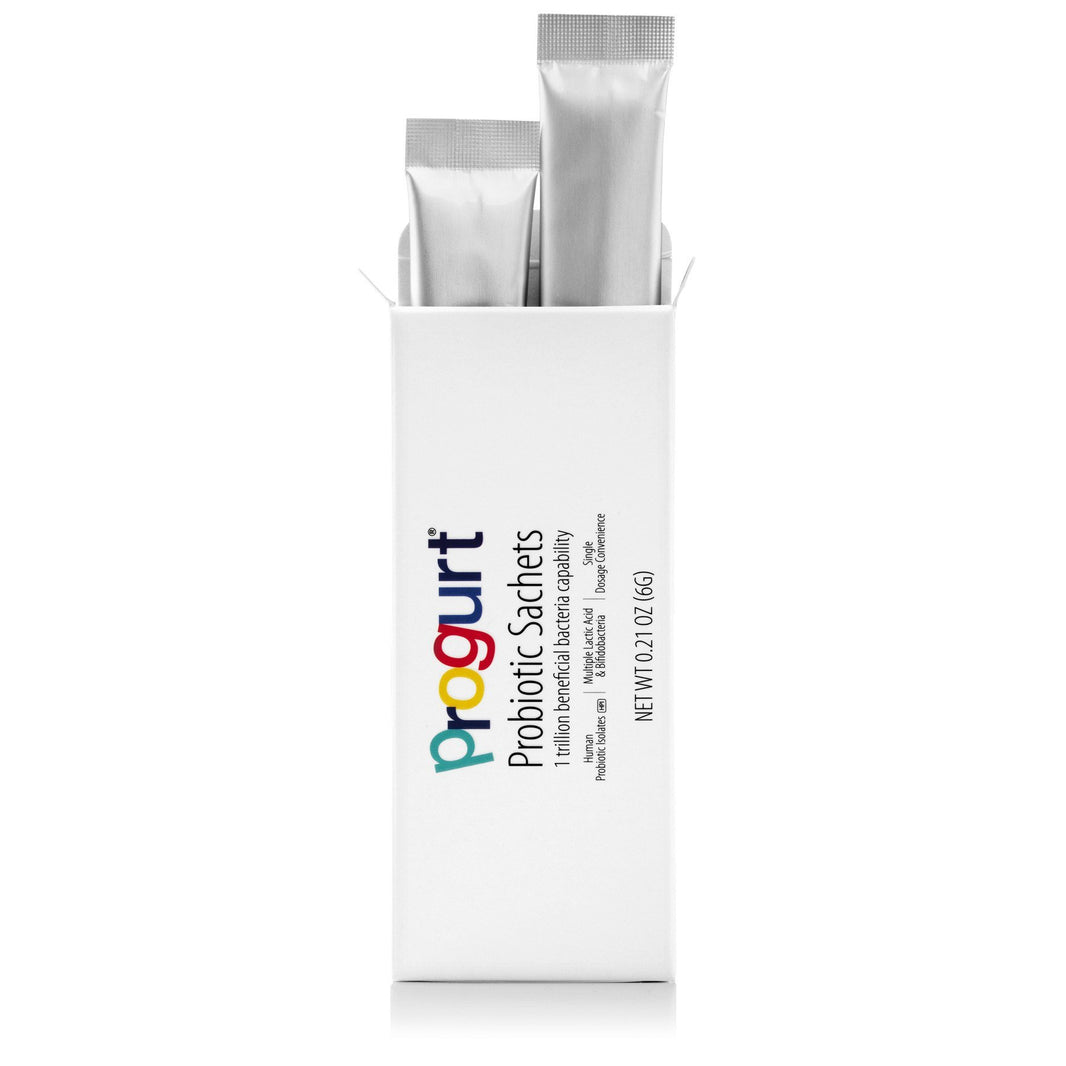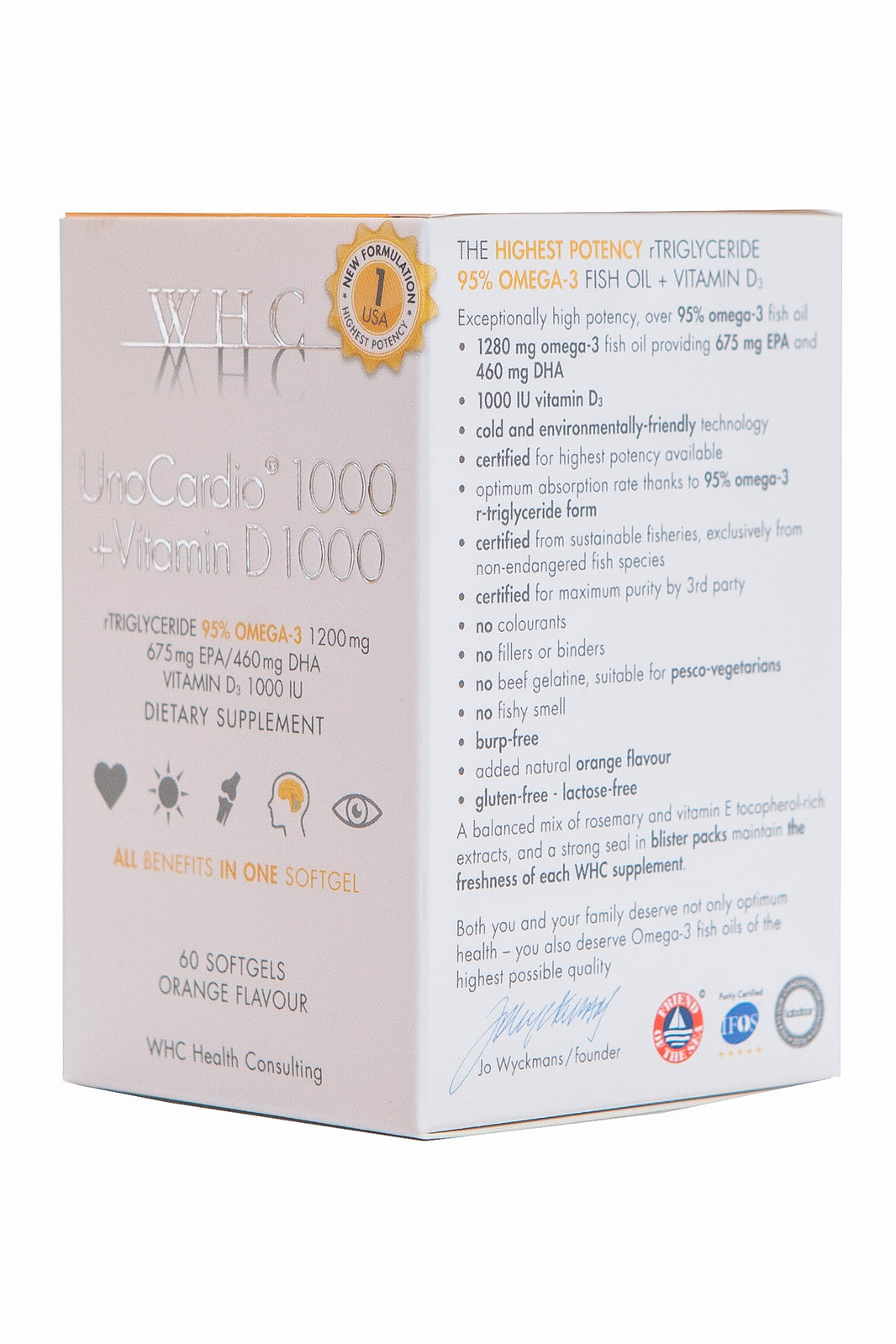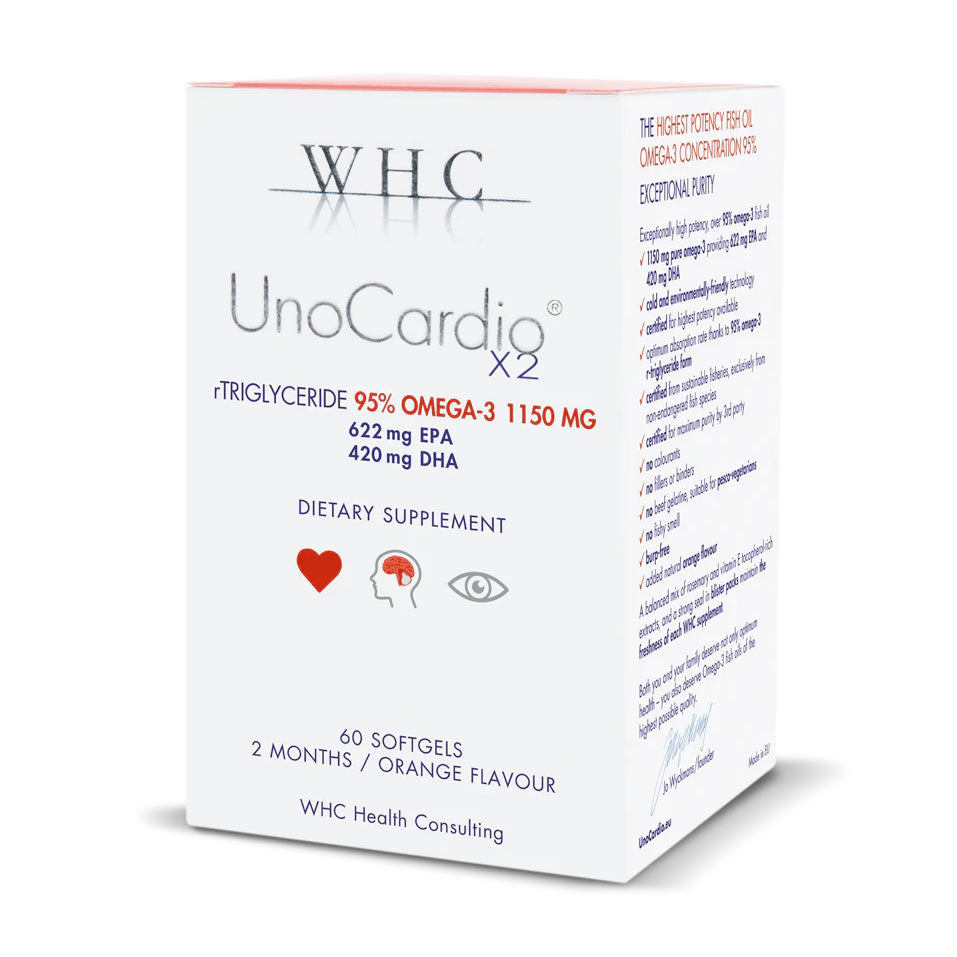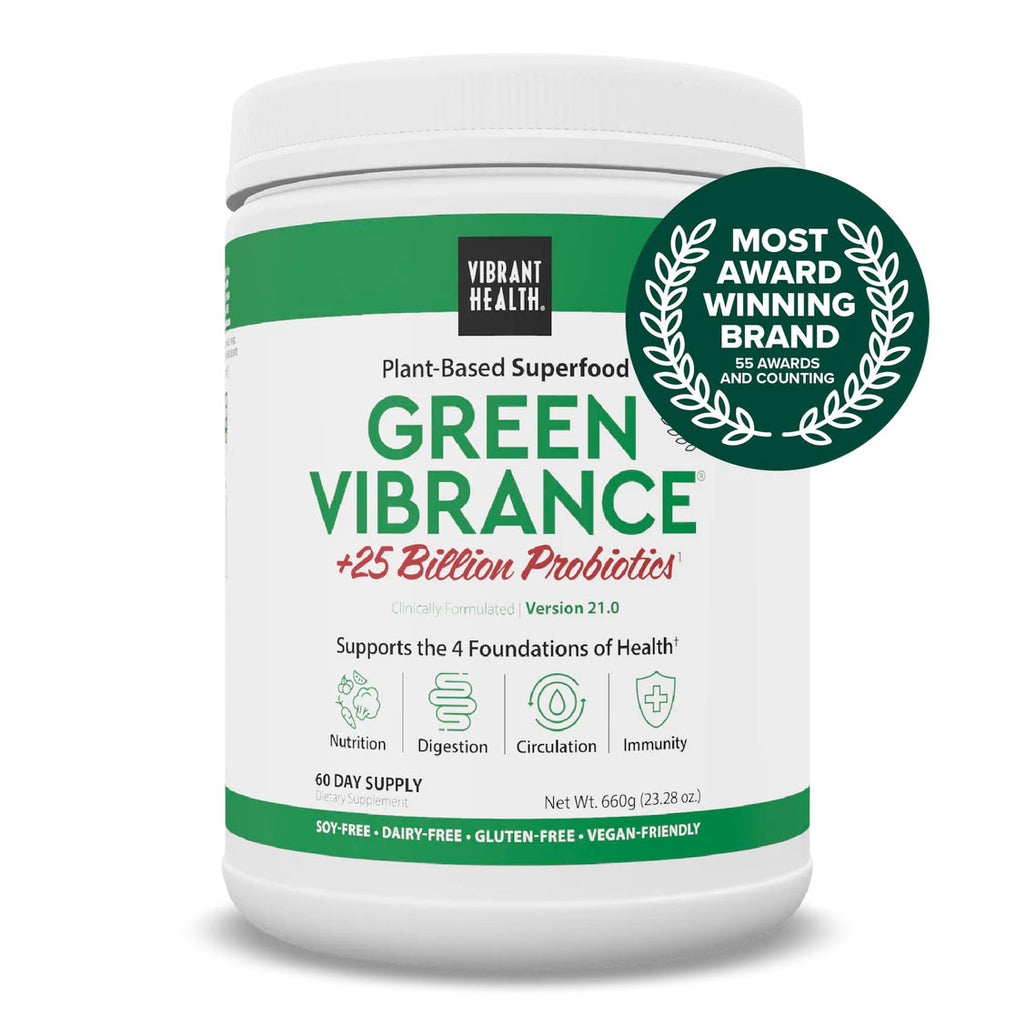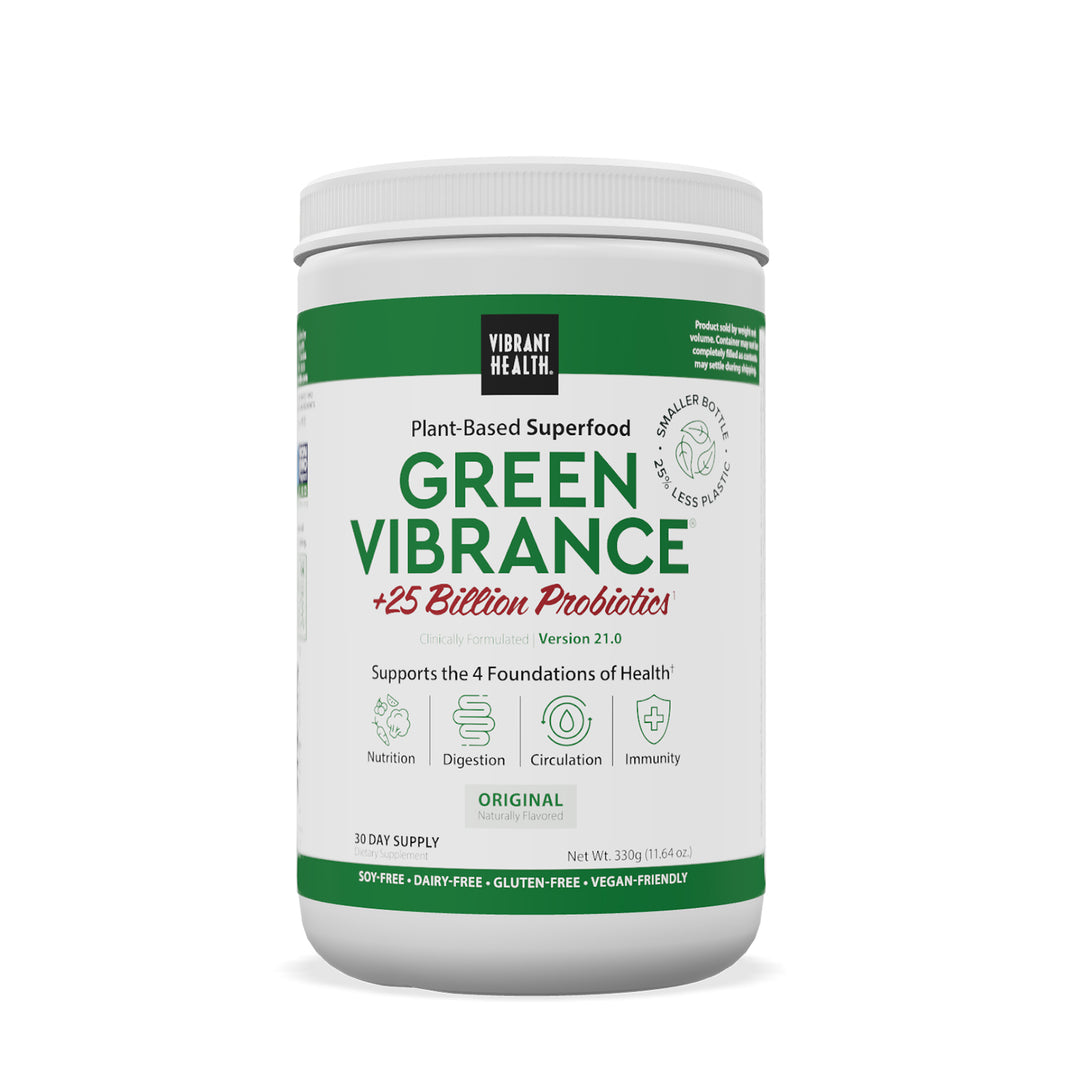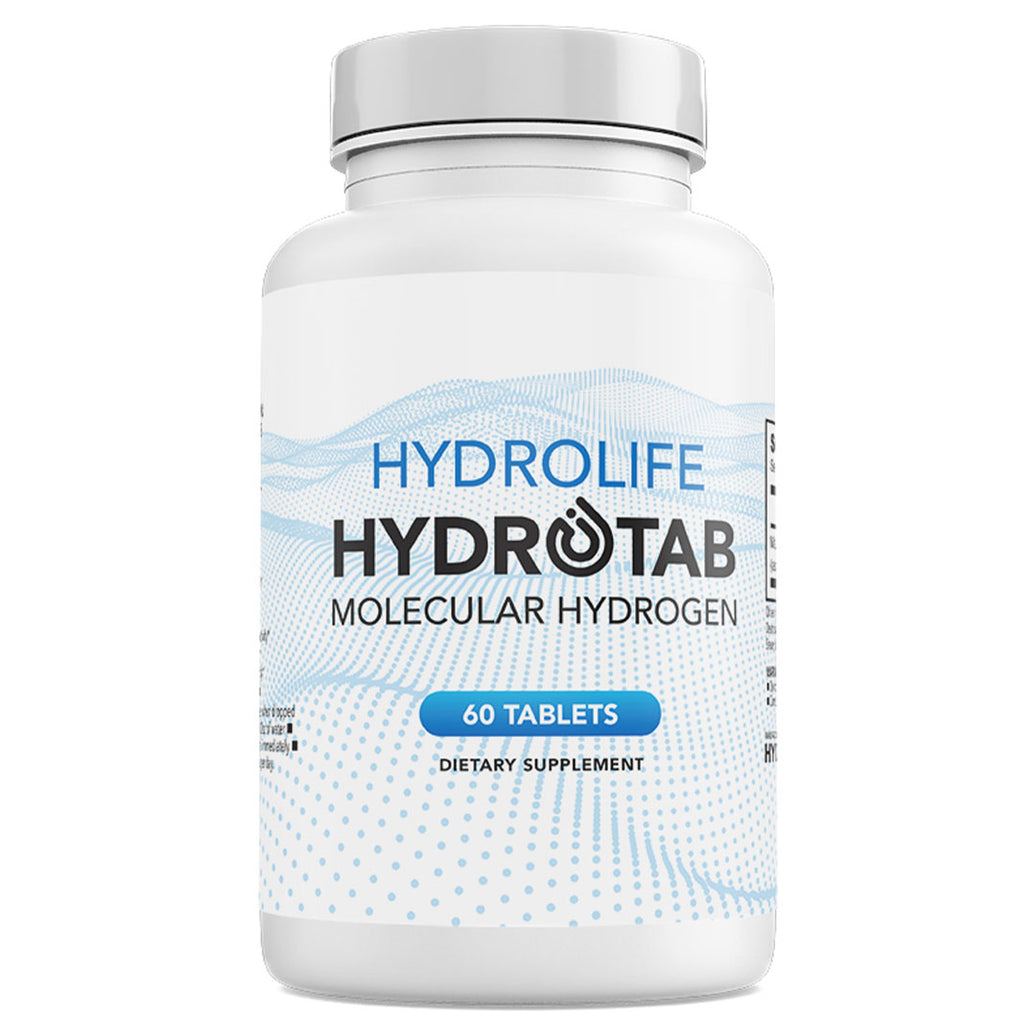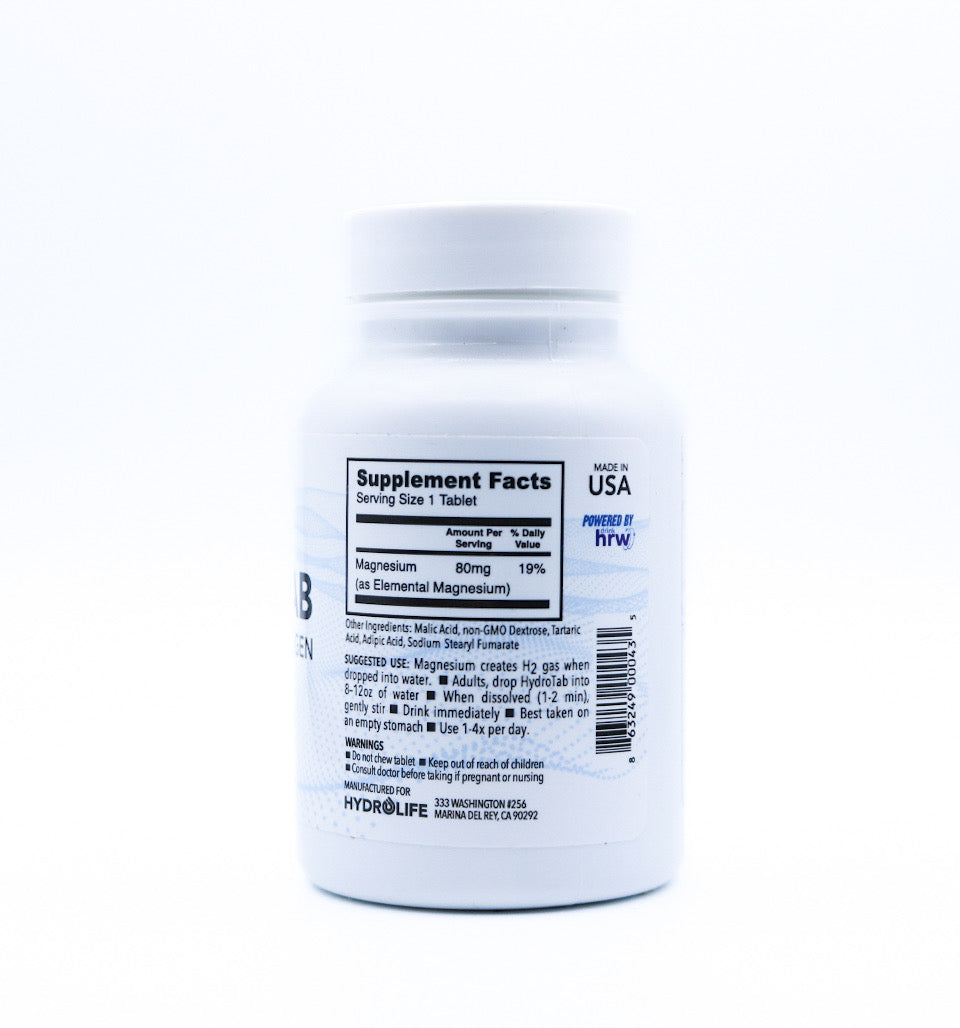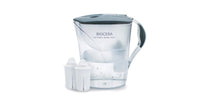None of us need to be told that maintaining a healthy heart is of crucial importance if we are to enjoy a long and prosperous life. Even so, heart and circulatory disease still kills more than one in four people in the UK. Seven million wage a daily battle with cardiovascular disease, and today alone, around 515 people will go to hospital due to a heart attack.
Worrying statistics, indeed. But every day, studies come to light that suggest ways of improving heart health. Some are groundbreaking, while others merely offer anecdotal evidence or recommend a mode of behaviour. Just the other day, for instance, we heard that drinking coffee may help to block the type of inflammation linked to heart disease risk factors.
Artificial Intelligence Identifies Warning Signs
The biggest heart news of the year thus far concerns a study by the London Institute of Medical Services, which suggests that artificial intelligence can predict when patients with a heart disorder will die. Researchers believe the technology could save lives by helping physicians identify which patients require more aggressive treatment.
In the study, 256 patients with pulmonary hypertension had their heart and blood test results analysed by the software. Using an intricate 3D model, the software measured the movement of 30,000 points in the organ’s structure during every heartbeat.
When the results were combined with the patients’ health records spanning eight years, the AI recognised which abnormalities predicted when patients would die. In fact, it correctly predicted which individuals would be alive after a year around 80% of the time.
In contrast, the average doctor is right 60% of the time.
The AI is also able to make predictions about five years into the future. Dr Mike Knapton, Associate Medical Director at the British Heart Foundation, remarked: “This exciting use of computer software in clinical practice will help doctors in the future to make sure that patients are receiving the correct treatment before the condition deteriorates and leaves them needing a lung transplant. The next step is to test this technology in more hospitals.”
Artificial Intelligence: Smarter Than Doctors
It’s not the first time artificial intelligence has been used as a diagnostic tool. Last year, the Google-owned DeepMind artificial intelligence lab linked up with the NHS to diagnose eye disease using a machine-learning algorithm.
The company’s supercomputers analyse millions of retinal scans, which are then used to train algorithms to flag up early warning signs of chronic diseases like diabetic retinopathy and macular degeneration.
Another team, comprising researchers from Harvard Medical School and Beth Israel Deaconess Medical Center, pioneered a form of AI software that could detect breast cancer with 92% accuracy. When paired with analysis by pathologists, the detection rate shot to 99.5%.
Just last week, another report out of Stanford University indicated that wearable biosensors monitoring heart rate, skin temperature and other variables could hold the key to measuring abnormalities in the body; inflammation and insulin resistance among them.
How to Improve Heart Health
The future, then, seems to be paved with possibility. Perhaps artificial intelligence really will become the game-changer – not just for heart health, but health in general. Improving how illnesses are diagnosed and treated is surely the best way to redress the statistics disclosed at the start of this article.
While research into AI continues, there are practical ways of shoring up heart health that any physician will endorse. These include taking steps to lower your LDL (‘bad’) cholesterol, jettisoning unhealthy eating habits, getting more exercise and, if applicable, quitting smoking. The NHS website lists 10 healthy heart tips, which is a good place to start.
Consider a Heart Supplement
Dietary supplements can also help, and WHC’s QuattroCardio is one well worth considering. Formulated for over 35s, it integrates four high-quality ingredients: a high dose of easily absorbable omega-3 fish oils (EPA and DHA), vitamin D3, coenzyme Q10 and vitamin K2.
EPA and DHA are cardioprotective nutrients famed for their positive effect on heart health: combined, they have been credited with lowering the risk of fatal cardiac events, controlling inflammatory responses, regulating blood coagulation and making cell walls more flexible.
Each capsule gives 480mg EPA and 380mg DHA in the preferred r’Triglyceride form. Deriving fish oils from natural triglycerides means much quicker absorption than ethyl esters.
The other nutrients in QuattroCardio, meanwhile, service immunity, joints, muscles and vision, making it a terrific all-round health supplement. WHC also holds an enviable reputation in the supplements market, given its commitment to ethically sourcing ingredients and favouring cold and environmentally-friendly technology.
It's impossible to predict the next breakthrough in heart health, but by following our tips, you can ensure you're giving yourself the best chance of avoiding CVD. Artificial intelligence, meanwhile, will continue to astound us.
